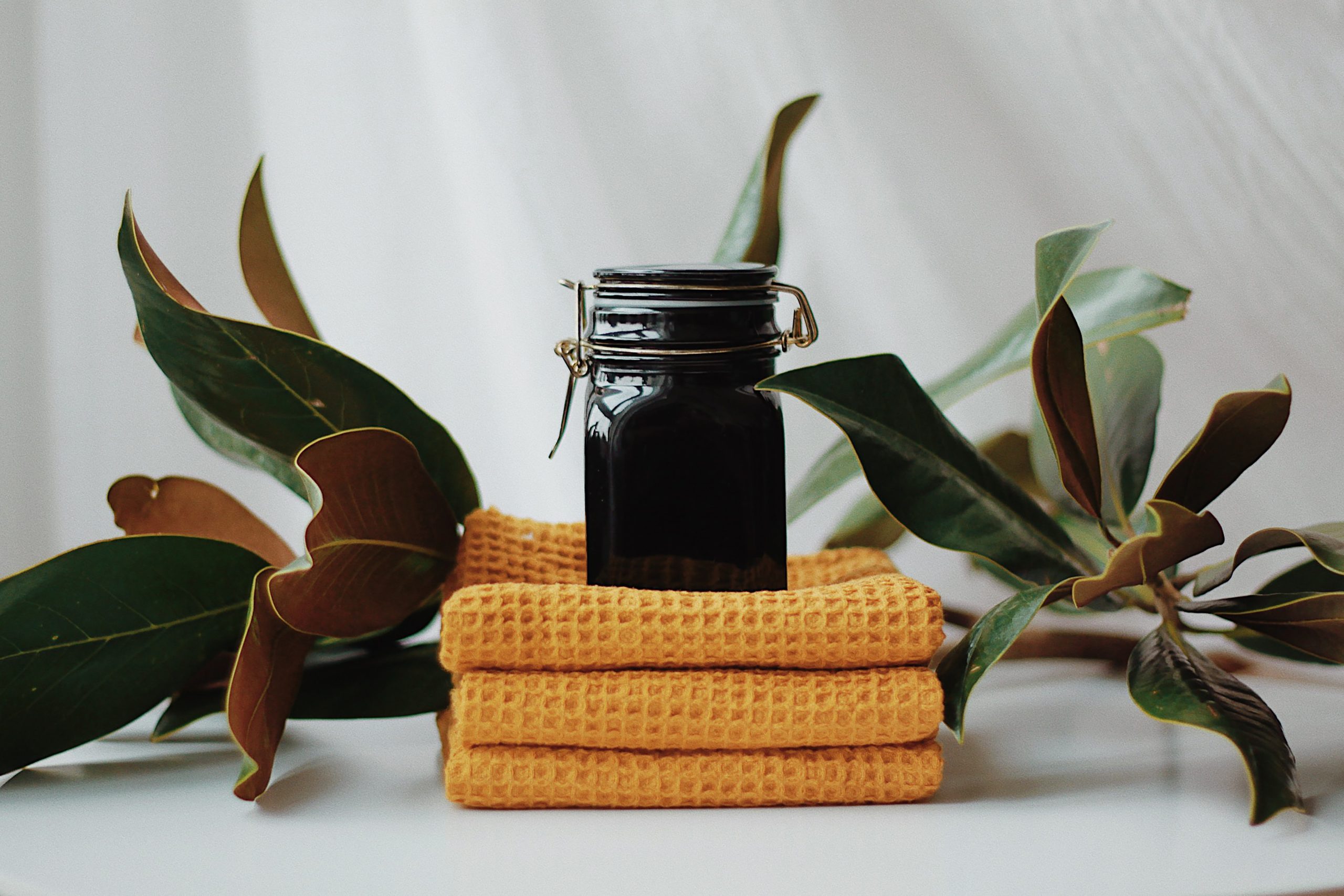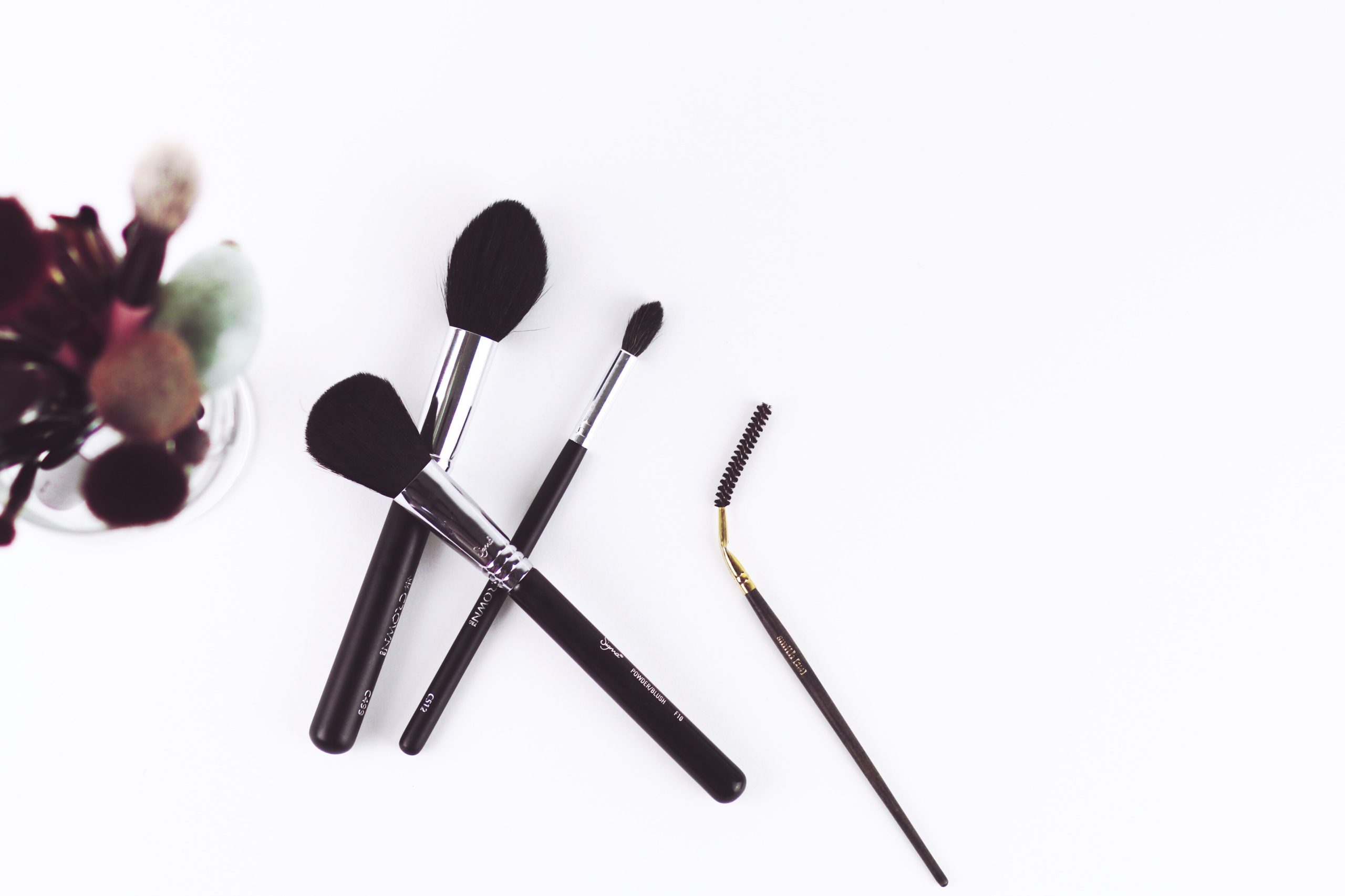Why is my insomnia so bad that wonder if I’ve been cursed? Could there be something that could magically put you to sleep? Is there a cure-all pill, potion, or lotion that will help me to enjoy sweet dreams? There isn’t a magical cure for insomnia, but the tips listed in this article may help.
Create a structured bedtime routine and maintain it even on the weekends. Most people need between seven and nine hours of sleep. Get into the habit of going to bed and waking up at the same time every day. You will begin to sleep better when your body is adjusted to this routine.
About three hours before bedtime, avoid all stimulants, such as caffeine, tobacco, alcohol and certain medications. Caffeine effects can last for up to six hours, and alcohol, while sedating at first, can cause frequent wakefulness. Certain medications, such as for asthma, are stimulants as well. Check with your doctor to see if you can substitute, or make a different schedule.
Take some time in the early evening to put the day’s worries away. Write down any stresses, or tasks that were left undone, and plan to do them tomorrow. If things you have to do the following day are keeping you up, make a solid plan, or even a schedule, so that you do not have to linger over these thoughts while you are trying to sleep.
Use an audio player, preferably one with a timer, to help you fall asleep in the evenings. Choose music that is soft and relaxing. There are plenty of products on the market that were designed to assist people in having a more restful night’s sleep. You may find that sounds other than music help you as well.
Think on something extremely boring. When battling insomnia, you’ve got to battle an active mind. An active mind is typically thinking on stressors, and that’s not good. So put that active mind to use on something incredibly boring. Counting sheep is one way to do this. Give it a shot, it may work for you.
Try seeing your doctor if your insomnia lasts over a couple nights. Insomnia can be temporary, but at times there is another health issue involved. See your doctor and tell the about your sleeping to rule out major issues.
Keep a sleep diary, if insomnia has become a major problem in your life. Record what time you go to bed and get up, as well as how long (approximately) it took you to fall asleep. Log meals, beverages, exercise and any major events that may impede sleep. Use the information to narrow down causes for insomnia and to find a workaround.
The clock can be an annoyance when you can’t sleep. They worry that they’ll be late for work or unable to care for their children, and that keeps them up even longer. Instead of looking at that clock and worrying about the time, you should turn your clock around or move it away from you to where you can’t look at it.
Chronic depression and anxiety often lead to insomnia. If you suffer from anxiety or depression, and cannot get to sleep at night, see your doctor as soon as possible. By treating the underlying disorder, you may be able to restore your sleep habits, and begin getting a good night’s sleep again.
Even if you are very tired, resist the urge to sleep in on the weekends. If you let yourself rest for an extra hour or two, you could mess up your sleeping schedule for the week. Once you wake up, get out of bed. Do not allow yourself to fall back asleep or to stay in bed for a while.
Blue light is known to suppress the production of melatonin, the hormone that helps you sleep. Be sure to avoid blue light from things like laptops, tvs, and phones for at least thirty minutes before bedtime. This will help your brain know it’s power down time and not play time.
Use your bed for sleeping and not much else. If you get in the habit of watching television or reading in bed, for example, your brain will not associate your bed with sleeping. This will make it more difficult to wind down in the evenings and could possibly exacerbate your insomnia.
Some people have trouble staying asleep at night because they drink liquids before they go to bed. This causes them to have to get up during sound sleep and use the restroom. You should try your best to limit your fluid intake for two hours before your bedtime. This will help you stay asleep during the night.
Create a ritual for bedtime and never deviate from it. Include bathing, brushing your hair and teeth, changing and settling into bed. If you do the same thing night after night, your body will learn that it means sleeping time has come. This will help you fall asleep quickly and stay asleep, too.
If you are having a hard time falling asleep at night, take time to look at what you are consuming throughout the day. See if there is anything that contains caffeine. Some people are very sensitive to it and can not have anything such as coffee, soda or chocolate after one in the afternoon if they plan to go to sleep at a reasonable hour.
Everybody’s different when it comes to cures for their insomnia so you should try different methods. Experimenting with different pointers makes it more likely that you will find an approach that produces the desired results. Here’s to many sweet dreams!




